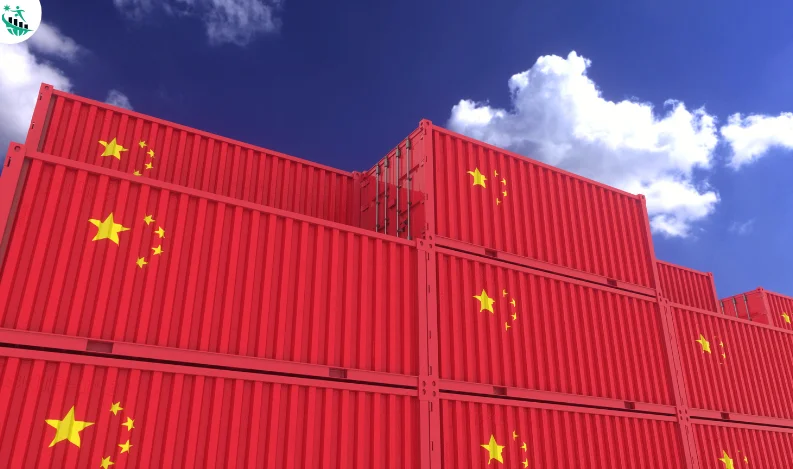
China Suspends Some Critical Mineral Export Curbs to the U.S. as Trade Truce Takes Hold
Beijing — China has suspended several export restrictions on critical minerals and rare earth materials bound for the United States, signaling progress in the trade truce reached between the two countries after last month’s summit in Busan.
The Ministry of Commerce said Friday it would halt for one year certain export controls announced on October 9, covering rare earth elements, lithium battery materials, and processing technologies vital to defense and high-tech manufacturing.
The rollback also lifted earlier curbs on gallium, germanium, antimony, and other so-called “super-hard” materials such as synthetic diamonds and boron nitrides, which had been in place since December 2024. Those measures were originally introduced in response to Washington’s tighter semiconductor export restrictions on China.
Beijing said the decision reflects the results of the October 30 meeting between Chinese President Xi Jinping and U.S. President Donald Trump in Busan, South Korea, where both sides agreed to ease tensions and resume regular economic dialogue.
China also suspended stricter end-user verification checks for graphite exports to the U.S., a key component in electric-vehicle batteries. The move effectively reverses one of the most restrictive elements of China’s 2024 trade retaliation package.
Officials said the relaxation applies only to exports to the United States and will be reviewed again next year based on the progress of bilateral negotiations.
As part of the broader deal, Washington agreed to lower tariffs on Chinese imports by 10 percentage points and to suspend new reciprocal tariffs until November 2026. The U.S. also postponed implementation of a September 29 rule that would have expanded the entity list to include majority-owned Chinese subsidiaries.
Analysts said the step marked a significant de-escalation after two years of escalating trade measures. “This is the first concrete sign that the truce has real policy outcomes,” said one Beijing-based trade researcher. “It signals Beijing’s willingness to restore export stability, particularly in minerals critical to global manufacturing.”
China controls more than 70 per cent of global rare-earth production and has previously used export curbs to assert leverage in trade disputes. Industry observers say Friday’s decision could ease pressure on Western supply chains, though they cautioned that the suspension remains temporary and conditional on political progress.



Recent Comments:
No comments yet.